If you are missing teeth and find daily tasks like chewing food to be a challenge, you may be a good candidate for dentures. If you find that you do need dentures, you’re in good company.
What Are Dentures?
Dentures are removable prosthetic teeth that replace your damaged or missing teeth. They can be fastened on in a variety of manners and can be whole or partial, replacing your upper and lower teeth.
Before you’re given this kind of dental prosthesis, your dentist may try other interventions to save your natural teeth. You can also increase your chances of delaying or preventing the need for dentures by regularly visiting your dentist and keeping up a good home care regimen.
Types Of Dentures
Not all dentures are the same. You may envision the slip-on kind that stays on your gums through adhesives, but there are also other kinds of dentures that your dentist can introduce to you.
Partial Dentures
These dentures replace a few missing teeth, allowing you to keep your other natural teeth. The remaining teeth can be used to secure the partial dentures preventing them from moving, slipping or falling out via wires (“clasps”) or one of several other types of attachments.
Full Dentures
When the majority of your teeth are missing or damaged beyond repair, these dentures can replace a full set of teeth on the upper or lower jaw. The biggest drawback with these is there is very little to hold them in place, they are not very efficient or comfortable to chew with as compared to natural teeth and in some cases, they can simply fall out of your mouth.
Snap-on Dentures
These are typically referred to as overdentures. They are removable and essentially look similar to a full denture comprising a complete arch, however, there are either teeth or implants underneath which hold the denture by snapping into place via one of several types of attachments. Today, implants are most often used for these overdentures. And although technically they are still a denture, your ability to chew all kinds of foods, comfort, fit and security of the teeth making them more similar to natural teeth than dentures.
Are You A Good Candidate For Dentures?
If you’ve been having difficulties with your natural teeth to the point where they are affecting your self-esteem and quality of life or experiencing pain or infections, you may consider dentures as an option. Here are some common oral problems the ideal denture candidate may have.
Gum Disease
If your gums are beyond the early stages of gingivitis and you have severe periodontal disease, your teeth will become loose and eventually fall out. With early intervention, this can be stopped or at the very least slowed down, however, once the bone loss from gum disease has progressed to a certain point you may need to remove the bad teeth and insert replacement teeth such as dentures. When your teeth are removed, your gums can heal and a denture can replace the extracted teeth.
Missing Teeth
If you have one or two missing teeth or even a full set of teeth, dental implants are certainly a good choice and they often provide the closest solution to having natural teeth. However, the cost of implants may be prohibitive.
Therefore dentures can provide a more reasonable, cost-effective alternative. And although they cannot be compared to your natural teeth or implants in terms of function, fit or comfort, they will provide some function and prevent further problems such as shifting of teeth etc.
You can also use dentures as a temporary replacement option while your mouth heals from an extraction. You can replace them with implants or bridges after. Dentures are cost effective to make and purchase and they are a great way to maintain a full set of teeth while you wait for secondary procedures.
Infected/Painful/Rotting Teeth
Teeth that are too decayed, broken or infected to be repaired by good dental care likely need to be extracted. These damaged teeth can cause you great pain, which besides being uncomfortable makes chewing difficult. Infected teeth can also lead to dangerous infections like sepsis, which can land you in the hospital, and although it’s relatively rare today, can even lead to death. However, instead of letting things get this far, see your dentist to get help with these difficult teeth. Replacing them with dentures may be your best option.
Loose or Shifting Teeth
If your teeth have been feeling loose or have moved noticeably, you may have gum disease. This condition, when addressed early enough, can be reversed. Waiting too long, however, can lead to tooth loss. This may also be the result of having missing teeth and the adjacent teeth drifting and moving into the empty space. This can also be mitigated by the use of dentures.
Your Self-Esteem is Affected
If you have teeth that aren’t looking the way they used to and you find yourself smiling less, it may be time to talk to your dentist about cosmetic dentistry. Often people with a less than satisfactory smile feel very self-conscious and in some cases, it can affect your social life, career or self-esteem.
If your problems are minimal, you may need something simple like dental bonding or a few veneers. In general, it is always best to try to save your natural teeth if at all possible, however, if that is not the case then a partial or full denture can also improve the aesthetics of your smile.
If you’ve been experiencing these symptoms, you should definitely contact your dentist and schedule a checkup. The sooner you address these issues, the better it will be for your teeth, gums, and mental health!
Explore Dentures Today
The first step you’ll need to take to see if dentures are right for you is to schedule a consultation with your dentist or denturist. They will go over all your concerns and determine what procedure will best address your oral care needs.
For example, sometimes conditions like gingivitis or gum disease can be reversed or stopped with a deep cleaning or scaling. Dental implants or bridges can be used to permanently replace missing teeth. And certainly partial or full dentures are also an option.
Overall, it’s best to get a professional opinion to make sure you’ve explored all your options and you’re getting the best care. For more information, contact our office today. One of our dentists or denturists would be happy to meet with you and discuss your needs.
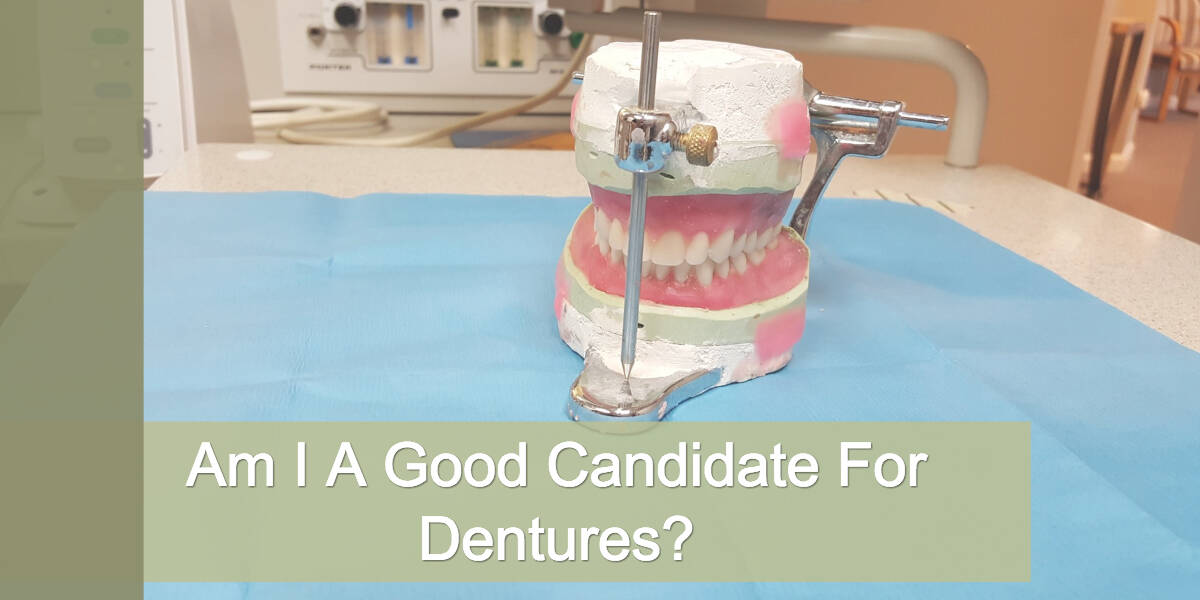
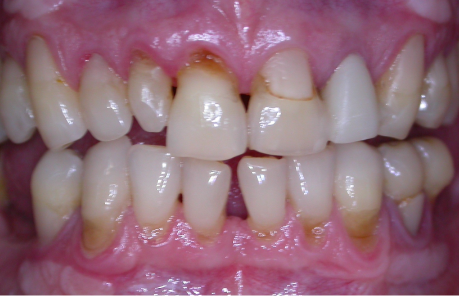
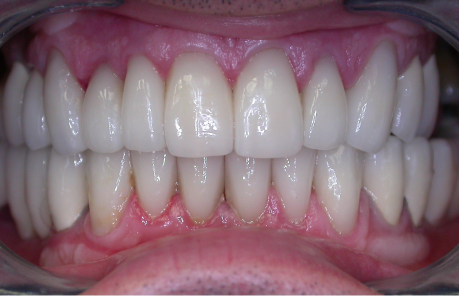
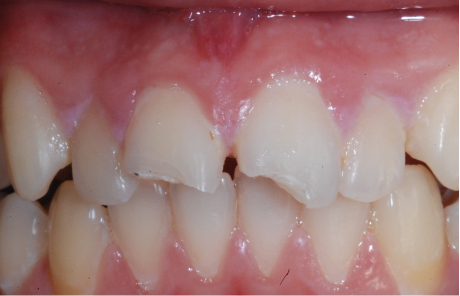
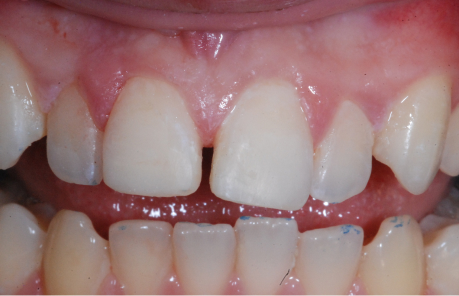
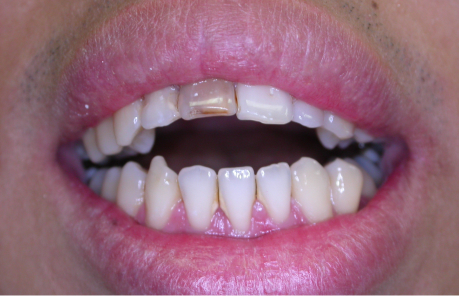
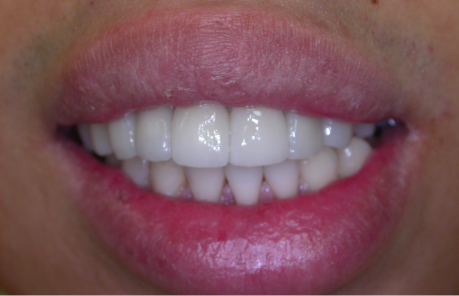
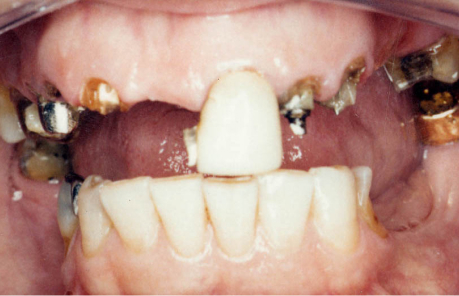
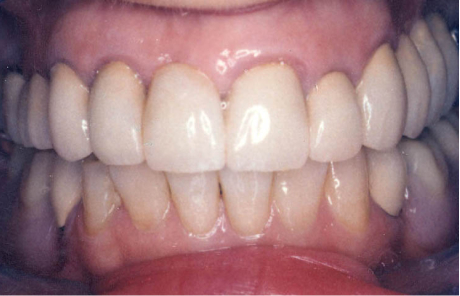
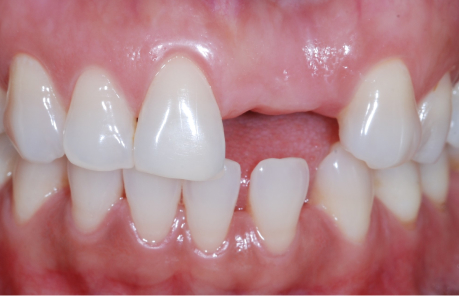
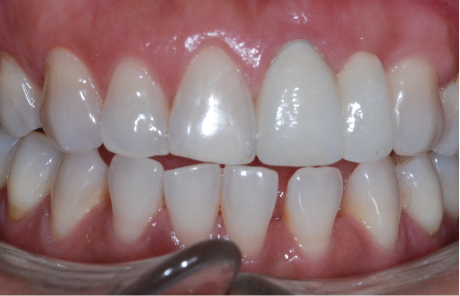

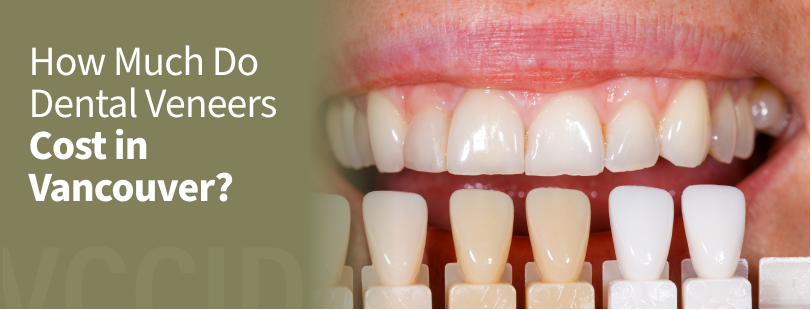
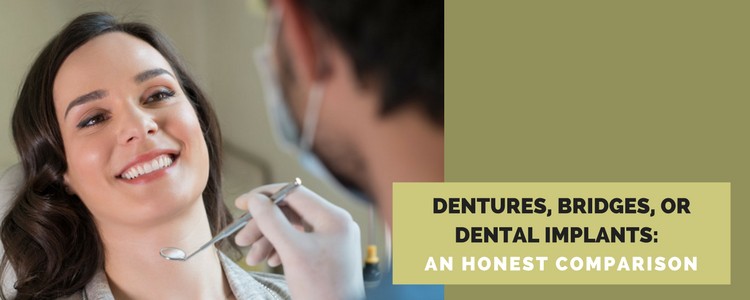



8 thoughts on “Am I A Good Candidate For Dentures?”
I have an aunt that has been talking about getting dentures for a little while now. She feels like she hasn’t smiled in a while and doesn’t like where her self-esteem is as a result. My aunt would really benefit from getting dentures.
My mother is missing about 80% of her teeth. Thank you for pointing out that this makes her a perfect candidate for full dentures. I’ll have to look into finding the best dentist in our area that can get these for her.
Hello Ellie: Something to consider….if the existing teeth are failing and will not last or help to support and retain a partial denture, then a full denture will probably be the right decision. However many times it is more functional and comfortable to retain even a few teeth..this is something you should ask your dentist….is there any value in keeping some teeth, and if so how long will they last?
Sincerely,Dr Balogh
It sure is interesting to know that dentures are the more cost-effective option for replacing one or two missing teeth. My son recently got into a pretty serious vehicular accident which left him with a fractured jaw and missing front teeth. He is still getting back up from all the expenses and surgeries, so I would think that getting dentures for his missing teeth will be a great idea since he is currently low on funds.
Hello Kit:
Yes definitely…and certainly any other injuries and recovery should be dealt with before moving forward with implants.
Sincerley
Dr balogh
I’m glad you pointed out that since dentures are much more cost effective than implants, they can be used as a temporary solution while you wait for further procedures. My husband recently had one of his teeth knocked out in a car accident. We can’t afford dental implants at the moment, so thanks for letting us know that dentures are much cheaper!
My mother has had to get a lot of her teeth pulled over the years and she is trying to decide which types of dentures she needs to get. It makes a lot of sense that you say full dentures are the best choice when the majority of your teeth are missing or damaged, which is the case for my mom. Also, I think that full dentures would definitely give my mom more confidence in her smile because she can choose dentures that will look just like natural teeth.
I didn’t know that you could get partial dentures to replace only a few missing teeth. This should be the case for my father who is missing a small gap of teeth. I’ll have to look into finding the best dentist in my area to help us.